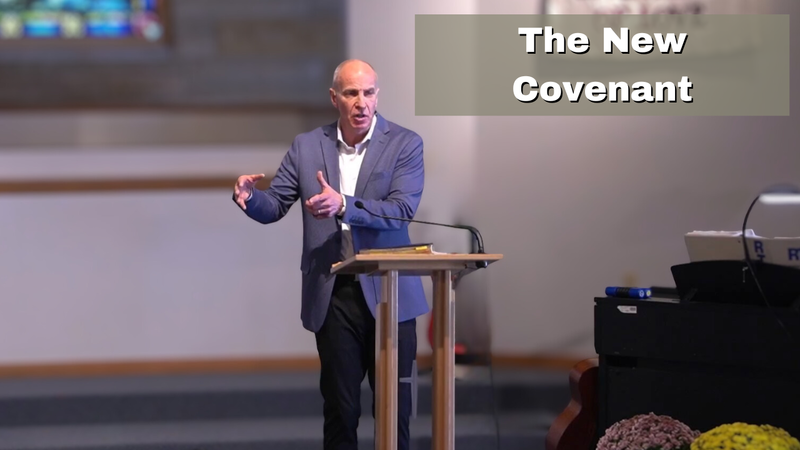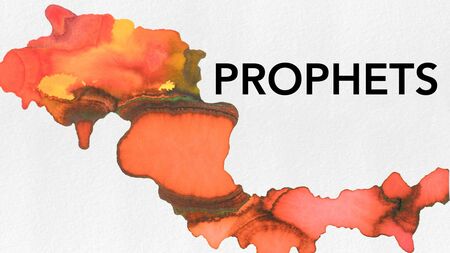
This profound exploration of Jeremiah 31:31-34 invites us to discover that God's faithfulness isn't just a theological concept—it's a living pattern woven throughout history. We journey from ancient campfires in Babylonian exile to the upper room where Jesus spoke of a new covenant, discovering that God's rescue mission has never changed. The exiles who sat in darkness heard a promise that seemed impossible: God would write His law on their hearts, forgive their sins, and restore their relationship with Him. What makes this message so compelling is realizing we're part of this same story. The new covenant isn't merely about Jesus fulfilling ancient prophecy; it's about God doing what He has always done—rescuing people who cannot save themselves. We see shadows and echoes of God's redemptive work in the Exodus, in the return from exile, in Christ's sacrifice, and ultimately in the future restoration described in Revelation. The four promises Jeremiah proclaimed—internal transformation, intimate relationship, universal knowledge of God, and complete forgiveness—are simultaneously fulfilled and still unfolding. We live in the 'already but not yet,' experiencing the Holy Spirit writing on our hearts while anticipating the day when God will fully dwell among us. This isn't just history; it's our story of grace, hope, and divine rescue.
In what ways do you currently feel 'in exile' or distant from God, and how might Jeremiah's promise of a new covenant speak hope into that situation?
How does understanding that God's rescue pattern repeats throughout history—from Egypt to Babylon to Jesus—change the way you view your current struggles?
What does it mean practically for God's law to be 'written on your heart' rather than simply following external rules, and how have you experienced this transformation?
The sermon mentions that Israel broke the covenant almost immediately after receiving it at Sinai. Why do you think we repeatedly fail to keep our commitments to God, and what does God's repeated forgiveness reveal about His character?
How does recognizing that 'our future is determined not by who we are, but whose we are' shift your perspective on personal identity and security?
Jeremiah was told to proclaim a message even though God warned him the people wouldn't listen. When have you felt called to faithfulness despite knowing the outcome might be discouraging?
The sermon suggests we're living between the 'already' and 'not yet' fulfillment of God's promises. How does this tension affect the way you live today and hope for tomorrow?
What does it mean that we still need to teach our neighbors about God if Jeremiah prophesied a day when everyone would know Him? How do we reconcile partial fulfillment with complete promise?
How does the practice of communion help you remember and participate in God's ongoing story of rescue and covenant relationship?
The exiles in Babylon told stories around campfires to remember who they were as God's people. What spiritual practices help you remember God's faithfulness when you feel captive or hopeless?


.png)